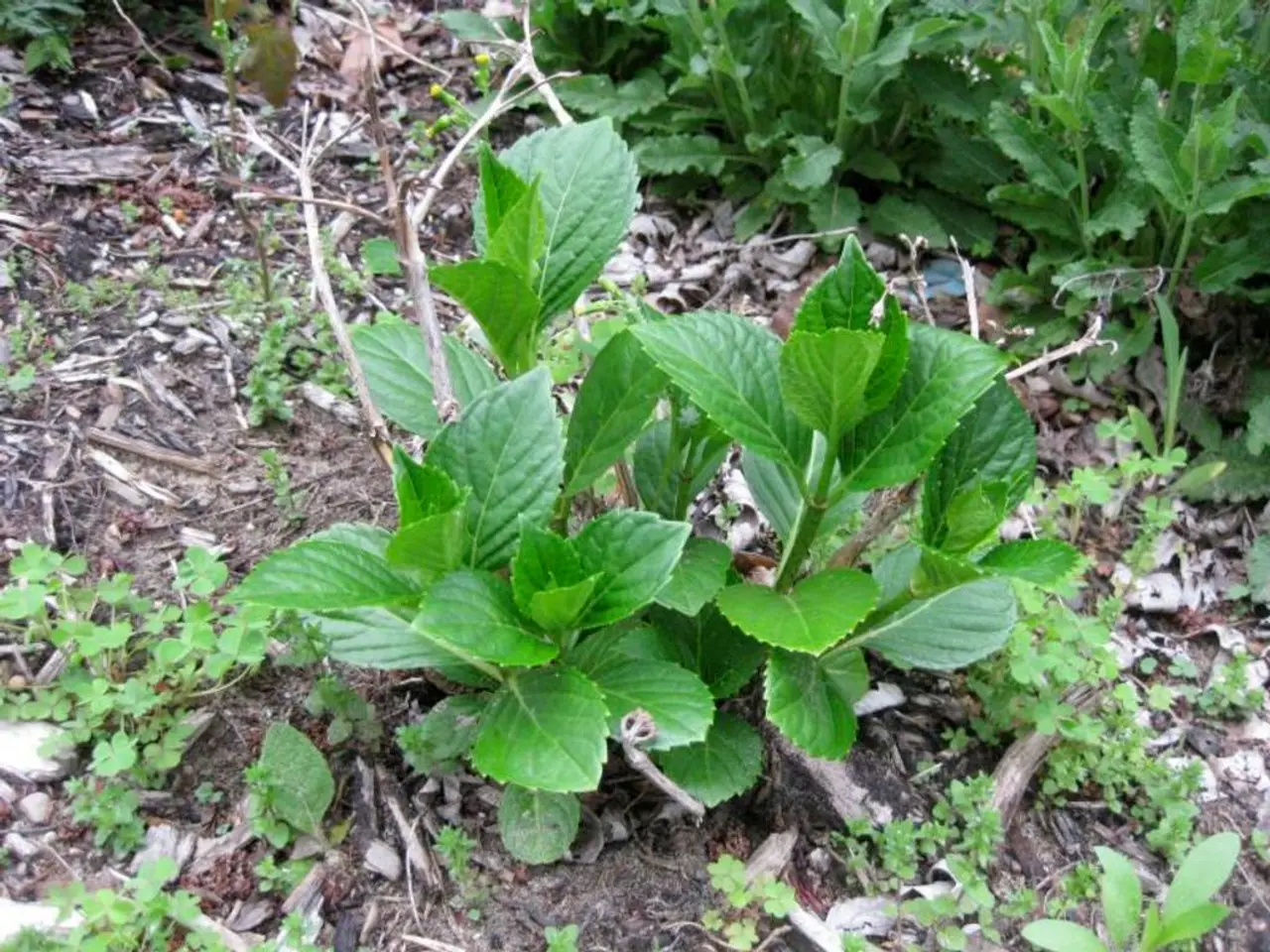Herbal Healing: Discover the Top 10 Medicinal Plants for Your Garden
Indoor gardening is becoming increasingly popular, and what better way to reap the benefits than by growing medicinal plants? These plants not only add a touch of greenery to your living space but also provide fresh herbal remedies for various health issues. Here are ten medicinal plants that are easy to grow indoors and known for their healing properties.
1. Tulsi (Holy Basil) - Revered in traditional medicine for its stress-relief, immunity-boosting, and respiratory benefits, Tulsi is an excellent choice for indoor cultivation.
2. Aloe Vera - Known for its antibacterial, antifungal, and anti-inflammatory properties, Aloe Vera is widely used for skin healing and soothing inflammation. It thrives indoors with minimal care.
3. Neem - With its antibacterial, antifungal, and anti-inflammatory properties, Neem is often used in skin and dental care. It can be grown indoors from fresh seeds.
4. Brahmi - Used to enhance cognitive function and relieve anxiety and stress, Brahmi can be grown indoors with proper light.
5. Chamomile - Helping with anxiety, insomnia, digestion, and cramps, Chamomile is well-suited to indoor growing conditions with adequate sunlight.
6. Mint - Useful for digestion, respiratory issues, and stress, mint grows vigorously indoors in pots and is easy to maintain.
7. Lemon Balm - Known for its calming effects and aiding digestion, Lemon Balm grows well indoors with moderate light.
8. Parsley - Rich in vitamins A and C with medicinal uses including detoxification and digestion aid, Parsley can be grown indoors in bright spots.
9. Oregano - Containing powerful antioxidants, Oregano is used for respiratory health. It requires sunny indoor locations for best growth.
10. Basil - Ideal for warm indoor environments, Basil is used for digestive health and as an anti-inflammatory herb.
These plants are suitable for indoor cultivation due to their manageable size, shallow root systems, and adaptability to container growing. Growing these medicinal plants indoors not only provides fresh herbal remedies but also enhances indoor air quality and adds greenery to your living space.
To successfully grow these plants indoors, ensure they receive adequate sunlight (or use grow lights), well-drained soil, and regular watering according to their specific needs. Starting with easy-care herbs like chamomile, mint, and basil helps beginners establish their indoor medicinal garden.
For those interested in exploring more medicinal plants, Nursery Live offers a wide variety of medicinal plants and plant accessories at a reasonable rate. It serves as a plant encyclopedia, making it an excellent resource for indoor gardeners.
In addition, Wild Asparagus can easily grow along the sides of a house in gritty soil where there is loads of sunlight. Sarpagandha, also known as Indian snakeroot, is a prime ingredient in controlling blood pressure and treating insomnia and asthma. It can be grown at the start of summer. The Aloe Vera plant does not need much watering and will grow on its own. Black Haldi can be grown in small containers and then transferred to a bigger pot when required.
- For those seeking stress-relief and improved immunity, Tulsi (Holy Basil) is an ideal choice for indoor cultivation.
- Aloe Vera, known for its skin healing and anti-inflammatory properties, thrives with minimal care in indoor environments.
- Rich in antifungal and anti-inflammatory properties, Neem can be grown indoors from fresh seeds for various health benefits.
- Brahmi, a plant used for cognitive enhancement and stress relief, requires proper light for indoor growth.
- Chamomile, helpful for anxiety, insomnia, and digestion, thrives in indoor conditions with adequate sunlight.
- Mint, useful for digestion, respiratory issues, and stress, grows vigorously indoors in pots with ease.
- Lemon Balm, known for its calming effects and aiding digestion, grows well indoors with moderate light.
- Parsley, rich in vitamins A and C with medicinal uses, can be grown indoors in bright spots.
- Oregano, with powerful antioxidants, is ideal for indoor environments with sunny locations.
- Basil, suitable for warm indoor surroundings, is used for digestive health and as an anti-inflammatory herb.
Growing these medicinal plants indoors not only provides fresh herbal remedies but also enhances indoor air quality and adds greenery to your living space. To ensure successful growth, provide adequate sunlight (or use grow lights), well-drained soil, and regular watering according to their specific needs. Nursery Live offers a wide variety of medicinal plants and plant accessories for indoor gardeners. Wild Asparagus can grow along house sides in gritty soil with ample sunlight, while Sarpagandha, or Indian snakeroot, can be planted at the start of summer for blood pressure control, insomnia, and asthma treatment. The Aloe Vera plant requires minimal watering and grows on its own, while Black Haldi can be grown in small containers before transitioning to larger pots as needed.






